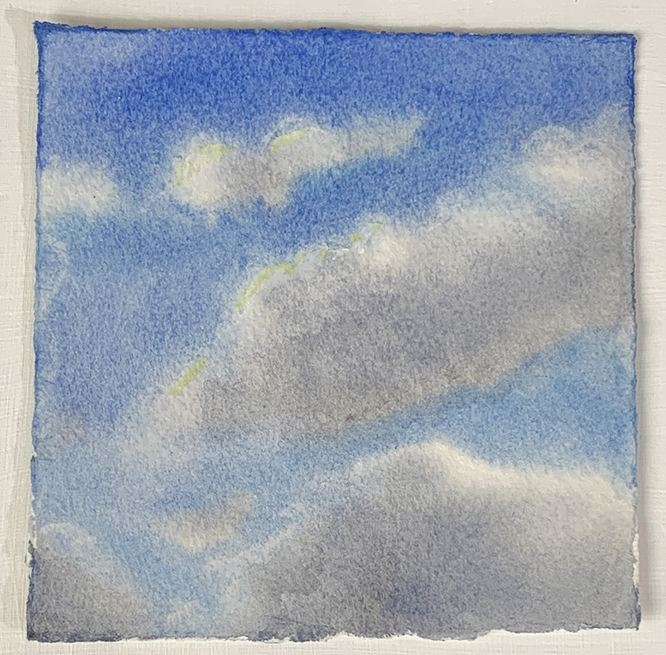 Jean Wilkey
Jean Wilkey
Free Spirits and Butterflies*
by SANDRA LYNN HUTCHISON
For years, June 18 was a sad day for me. When it came, I relived those terrible moments when I learned that ten women who were being held in Adelabad prison in Shiraz, Iran, had been executed, simply because they refused to recant their belief in the Bahá’í Faith, a new world religion that asserts the oneness of all religions and has, since its inception, been bitterly opposed by Iran’s Shia clerics.
The year was 1983, and I was a graduate student at the University of Toronto, living a life of enormous freedom. My only obligation was to work, at my own pace, on my dissertation — no one ever asked me about my beliefs, and certainly no one would have ever have thought to arrest, let alone execute, me for practicing my faith as a Bahá’í.
I could not imagine what these women, who were, like me, in their twenties, had faced. The horror of their execution overwhelmed me — and the boundlessness of their courage amazed me. How had they had the strength to give up everything for the one thing they could not give up: their faith? And I wondered: what impact would their sacrifice have?
Forty years later, as I look out the window at the garden I planted when I moved to Maine, I am astonished at how much has changed. Where there was a mere plot of grass, roses, lilies, and lavender abound. My student days are far behind me. I have spent decades nurturing students the same age I was on that day in 1983 when I heard that terrible news. And when June 18 comes around now, I feel more awe and admiration than I do anger or sorrow. It has taken decades, but over the years my grief and horror have been transformed into a conviction that ordinary people who give all of themselves to the things they believe in, can and do make a difference.
The lives and deaths of these ten women continue to inspire me and countless others, including students in the courses I teach through the Bahá’í Institute for Higher Education in Iran, one of whom was arrested in the crackdown of the Iranian government on Bahá’ís in the wake of recent protests. Inspired by the ten women of Shiraz, my student stood steadfast in her faith and in her support of Iranian women in their quest for the freedom they deserve.
On June 18 this year, I took strength from the words twenty-four-year-old Simin Saberi wrote to her family in the days before her execution: “If you ask how I am, I am very, very well, thank God. Each second is filled with God’s grace, and His bounty is given. Believe me, my biggest worry is you dear people’s sadness.”
And I marveled at what twenty-nine-year-old Zarrin Moghimi-Abyaneh wrote about her visit to a prisoner of conscience, just months before her own imprisonment:
Tonight I come from Adelabad Prison, the home of free spirits and butterflies who have been consumed by the flames of affection; where inside its high and stony walls spirits greater than its walls are in chains; where each stone cries out in amazement, amazed by nameless heroes whose silent screams pierce the high walls of the dungeons of the tyrants and one day shall pierce the dreams of the wicked and shall awaken the world.
On June 18 this year, I didn’t think of dark prison cells or interrogation rooms, but of free spirits and butterflies, of hearts filled with courage and minds with a vision of a just and tolerant Iran in which all people can live in the light of freedom.
*This article appeared in The Vancouver Sun on June 22, 2023

